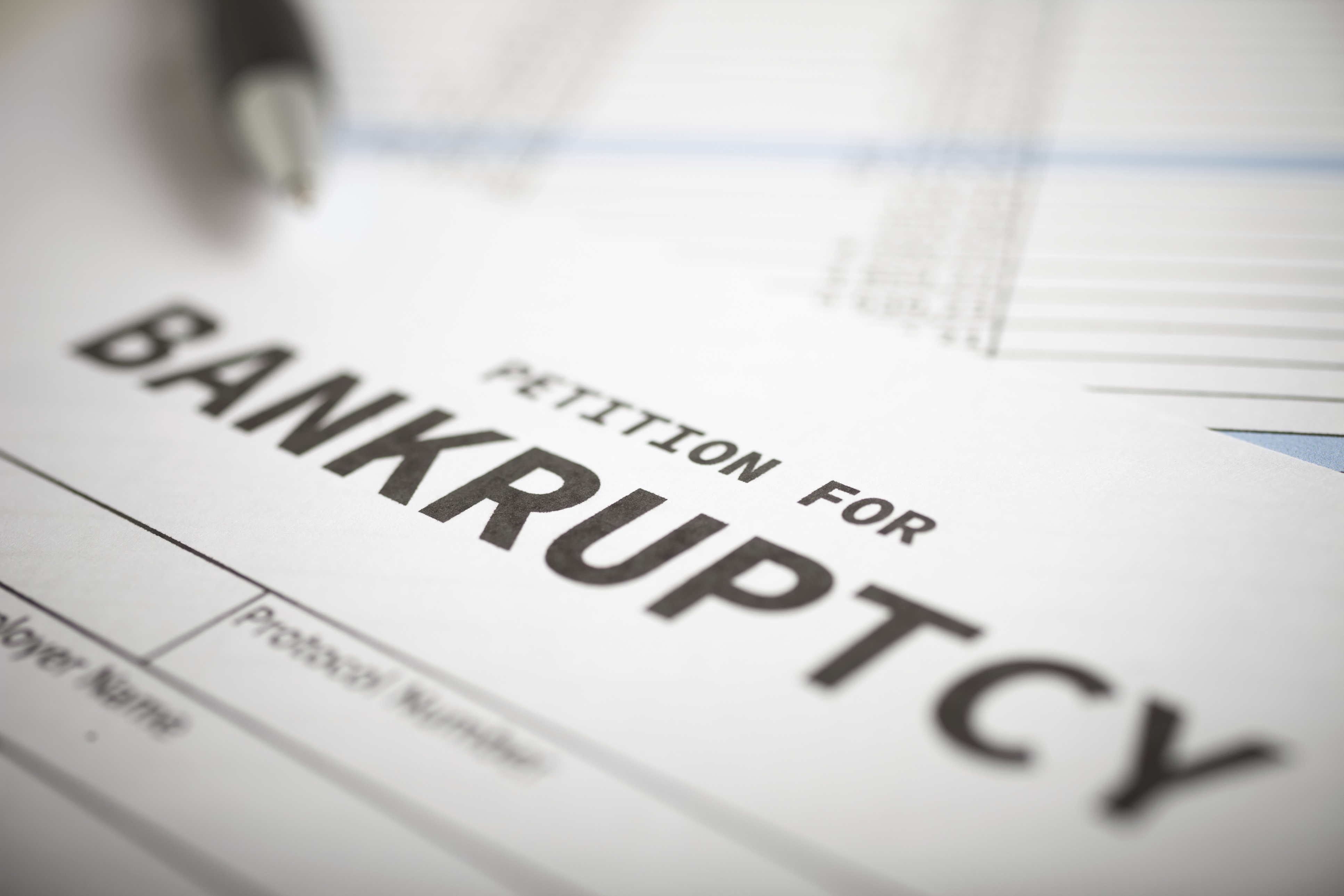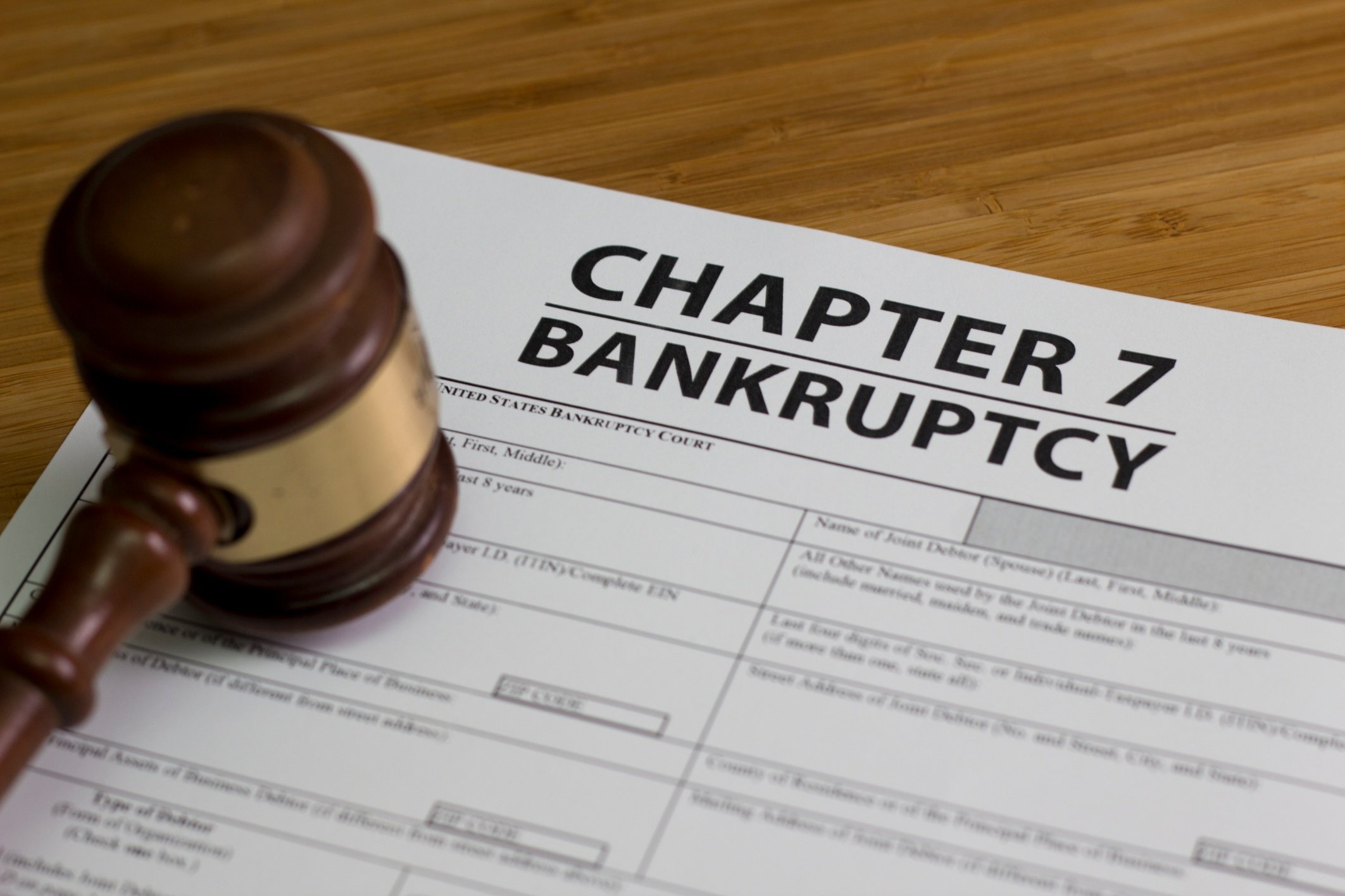There is no doubt that once a bankruptcy is filed, a creditor is prevented from repossessing a debtor's vehicle. What is not as well known, however, is that when a secured creditor repossesses a...
Running a business, whether big or small, is often a dream for many New Jersey residents. When that dream comes true, business owners may face some challenges. While small financial difficulties are...
For the last three years Scura, Wigfield, Heyer & Stevens, LLP has participated in the Rutgers Law School's Bankruptcy Pro Bono Project. The Bankruptcy Pro Bono Project seeks to further two important...
According to the most recent data, New Jersey has one of the highest rates of foreclosures in the nation. According to RealtyTrac, one out of every 539 housing units within the state is in...
A common misconception is that a Chapter 13 bankruptcy discharge is issued when a plan of reorganization is confirmed by the court. The discharge, however, is not issued until the debtor has...
Chapter 7 Bankruptcy is known as the liquidation chapter, but this nickname is not really appropriate. In the vast majority of cases, liquidation never occurs. The Federal Bankruptcy Code and State...
A chapter 7 debtor (as opposed to a trustee) may bring such actions for his or her own benefit (as opposed to for the benefit of the debtor's estate) in limited circumstances. To bring the avoidance...
Recent financial struggles facing the Texas Rangers baseball team have brought attention to the issue of involuntary bankruptcy proceedings. Creditors holding roughly $525 million in debt accrued by...
Sometimes homeowners facing foreclosure decide that they cannot afford to stay in the home and that it just does not make sense because the house value is much less than the amount they owe on...
"Structured Dismissals" in the Chapter 11 process are becoming an acceptable alternative to confirmation of a Chapter 11 plan.
Take the case of a business owner trying to "save the company" in this...









